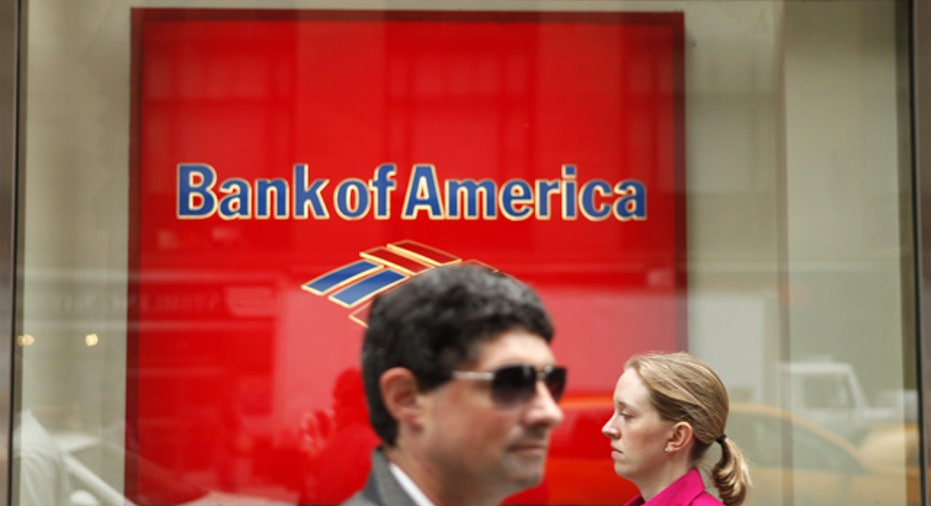Why a Checking Account May No Longer Be the Best Option

Significant restructuring appears to be underway in the personal finance market as major banks look to avoid whats estimated to be a $9.4 billion revenue loss as a result of the Federal Reserves cap on debit card interchange fees that takes effect on Oct. 1.
Many banks, including Wells Fargo, (NYSE:WFC) JPMorgan Chase (NYSE:JPM) and SunTrust (NYSE:STI) have already eliminated their debit card rewards programs. Regions Bank, along with the three aforementioned banking institutions, is experimenting with new monthly fees for debit card use. Bank of America (NYSE:BAC) is implementing additional requirements that customers must meet in order to avoid monthly fees as high as $15.
In light of these simultaneous debit card rewards decreases and fee increases, the question must be asked: Should we be looking for checking account alternatives?
Whether or not replacing your checking account is an immediate concern really depends on your particular bank. However, given that prepaid debit cards have been the fastest growing method of payment over the past two years and are not subject to interchange fee caps and can basically serve the same purpose as a checking account, they might be worth checking out.
With a prepaid card account, you can directly deposit your paycheck, pay bills online, transfer funds between accounts, access your funds through a MasterCard/Visa card, etc. You just cant write paper checks with a prepaid card, and for many of us, this act is no longer truly necessary as our financial lives become further digitized.
This fact has not escaped major banks, which recognize that prepaid cards and checking accounts are slightly different means to the same personal finance end and that one is regulated (i.e. less lucrative) while one is not (i.e. more lucrative). Attractive new prepaid cards are already popping up, and you can expect banks to begin steering their customers to these and other new products that will emerge after the debit card interchange fee cap takes effect in October.
Even in the current landscape, a prepaid card can essentially serve as a free checking account if used correctly. According to a recent Card Hub report , which examined cards from five of the most well-known issuers, a Green Dot prepaid card would be free to use by a consumer who deposits a paycheck of at least $1,000 each month and only visits in-network ATMs.
Still, given that prepaid cards were not subject to the financial reform laws and regulations that were enacted in response to the Great Recession, transparency can be an issue, particularly in terms of the plethora of fees. Different prepaid cards have lots of different fees for different things and call them by different names, which can obviously make product comparison difficult.
You may therefore feel more comfortable sticking with the known quantity for now. Whatever you decide, however, make sure to keep an eye on prepaid card offers in the coming months.
Odysseas Papadimitriou is the CEO of Card Hub, a leading online marketplace for prepaid cards, gift cards and a broad selection of credit card offers, including 0% credit cards and no fee credit cards.



















